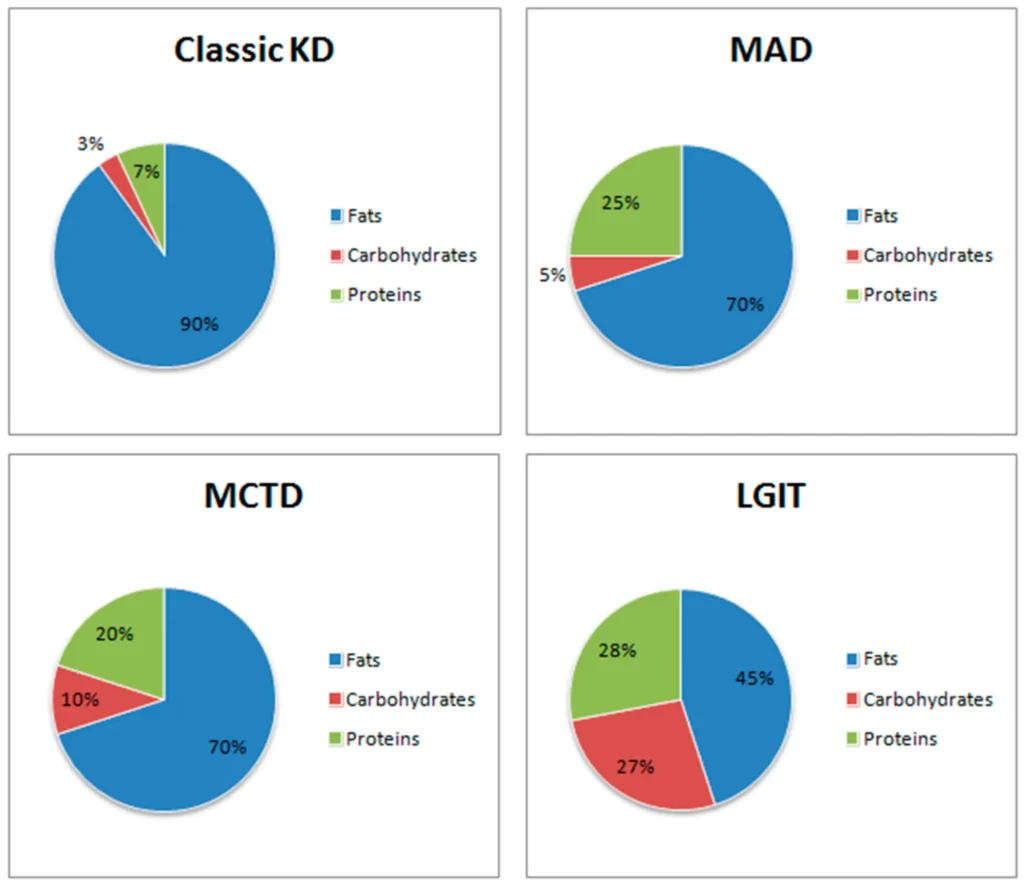The ketogenic diet, also known as the keto diet, has gained popularity in recent years for its potential to help people lose weight and improve overall health. However, its benefits extend far beyond just weight loss. In fact, the keto diet is now being recognized as a revolutionary treatment for various neurological disorders.
Neurological disorders, such as epilepsy, Alzheimer’s disease, Parkinson’s disease, and even migraines, are characterized by dysfunction in the brain and nervous system. Traditional treatments for these disorders often involve medication that may come with side effects and limited effectiveness. However, research has shown that the keto diet can have a profound impact on the brain and help alleviate symptoms of these conditions.
One of the primary ways in which the keto diet benefits neurological disorders is through its ability to reduce inflammation in the brain. Inflammation is believed to play a key role in the development and progression of many neurological disorders. By following a diet that is high in fats and low in carbohydrates, the body enters a state of ketosis, in which it burns fat for fuel instead of glucose. This metabolic shift has been shown to reduce inflammation in the brain, leading to improved cognitive function and decreased symptoms of neurological disorders.
Additionally, the keto diet has been found to increase levels of brain-derived neurotrophic factor (BDNF), a protein that promotes the growth and repair of neurons in the brain. This can help to protect against neurodegenerative diseases, such as Alzheimer’s and Parkinson’s, and improve overall brain health.
One of the most well-known applications of the keto diet in the treatment of neurological disorders is its use in managing epilepsy. In fact, the keto diet has been used as a treatment for epilepsy since the 1920s, and research has consistently shown that it can help reduce the frequency and severity of seizures in both children and adults with epilepsy.
In recent years, scientists have also been exploring the potential of the keto diet in treating other neurological disorders, such as Alzheimer’s disease. Research has shown that the diet can help improve cognitive function and memory in individuals with Alzheimer’s, and may even help to slow the progression of the disease.
Overall, the keto diet is revolutionizing the treatment of neurological disorders by offering a safe and effective alternative to traditional medications. By reducing inflammation, promoting the growth of new neurons, and improving overall brain health, the keto diet has the potential to significantly improve the lives of those suffering from neurological disorders. As research in this area continues to grow, it is likely that the keto diet will become an increasingly important tool in the treatment of these conditions.

